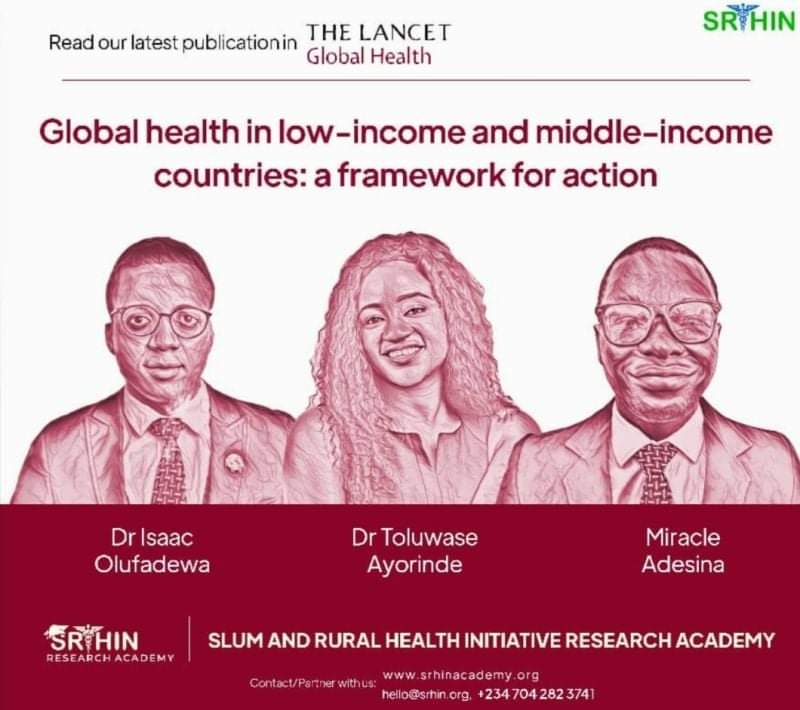Exposure to traumatic events such as internal displacement contributes to sustained deleterious effects on individual mental health. Between 2010 and 2020, the number of internally displaced people (IDPs) has nearly tripled from approximately 15 million to 55 million people, making up more than 68% of the worldwide displaced population. These numbers continue to rise with ongoing tensions in the South and Southeast Asia, civil unrest in the Middle East, and ethnic conflict and insurgence.
In many parts of Africa, especially in the north-east part of Nigeria IDPs are forced to flee their habitual residence, finding a temporary place they can reside. IDPs are extremely vulnerable group since they typically remain under the covers.Those fleeing their homes face uncertain circumstances and their children are often subject to extreme adversity, such as violence, torture, forced detention, separation from or loss of family members, and limited access to adequate health and hygiene resources.
A study analysis of over 80 000 displaced civilians found a prevalence rate of approximately 30% For both depression and post-traumatic stress disorder (PTSD) in conflict affected areas across 40 different countries. As a comparison, the prevalence rate for mental disorders in high-income countries is approximately 19%. Mental Health services are already significantly limited at baseline in low- and middle-income countries (LMICs), where approximately 74% of IDPs reside. From these statistics, up to 9.2 million IDPs in LMICs currently have or are at risk of being killed.For developing depression or PTSD Without effective screening and treatment, those with undiagnosed mental illness after a period of displacement are vulnerable to suicide, homicide, substance abuse, and human rights abuses. For IDPs within LMICs, these risks are compounded by the combination of persistent violent conflict and lack of mental health infrastructure.
To ameliorate the mental health consequences of persistent unaddressed trauma, as exemplified by the study, a multi-faceted approach is required. Experts suggest that this involves building clinical capacity, creating novel treatment models, working within Communities to overcome barriers to equitable care and collaborate to advance the global mental health research agenda. With ongoing global conflict, Providing trauma-informed mental health care will also become necessary, Especially in LMICs where a significant shortage of mental health resources exists. By creating strong partnerships and policies in areas of conflict or human rights avoiding abuses, we can reinforce the mental health needs of the forcibly displaced population.
As a public health priority.



